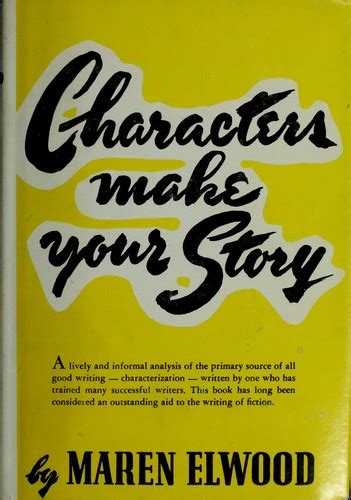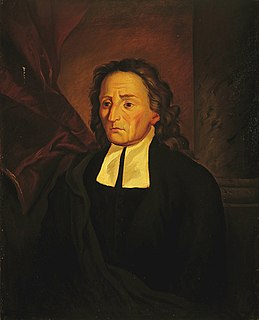A Quote by Anthony Burgess
The unconscious mind has a habit of asserting itself in the afternoon.
Quote Topics
Related Quotes
The child's mind is not the type of mind we adults possess. If we call our type of mind the conscious type, that of the child is an unconscious mind. Now an unconscious mind does not mean an inferior mind. An unconscious mind can be full of intelligence. One will find this type of intelligence in every being, and every insect has it.
You have to learn to trust - and listen to - your unconscious mind. If you pose the question to your unconscious "is this person a friend or a foe" - safe or a threat - your unconscious mind is hard-wired to assess that brilliantly for you. It's just that we're not very good at paying attention to what our unconscious minds are telling us.
The need of the human mind for contrast has its roots in the mind's age-old habit of looking for differences and likenesses. When the mind can find no differences and no likenesses, as is the case when monotony is present, it restlessly, then resentfully, and at last frantically seeks for contrast that it may again busy itself with observing differences and likenesses.




































